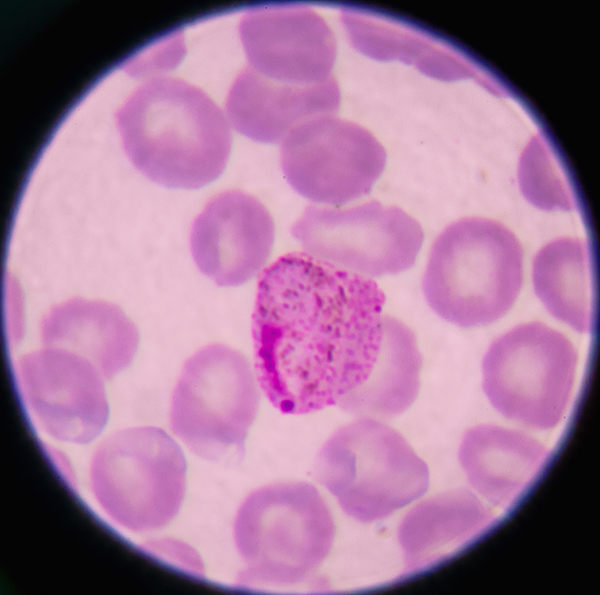
TUESDAY, May 6, 2014 (HealthDay News) — New research has confirmed that camels can transmit the deadly MERS virus to people.
Virologists at the University of Veterinary Medicine in Vienna, Austria, found that the Middle East Respiratory Syndrome viruses in camels and people in the same geographical region are almost genetically identical, according to the study.
The study, published in the journal Eurosurveillance, also showed that MERS levels were especially high in camels’ eyes and noses, and the researchers believe that people are most likely to be infected through contact with these sites, especially nasal discharge.
MERS was first identified in June 2012; Arabian camels were recently identified as the source of the respiratory virus. To date, there have been 401 confirmed cases of MERS in 12 countries, but all the cases originated in six countries in the Arabian Peninsula. More than 100 people have died.
Last week, U.S. health officials announced the first case in this country: a health care professional working in Saudi Arabia is now recovering in quarantine in an Indiana hospital after he was admitted for respiratory symptoms two weeks ago.
MERS is closely related to the SARS virus, which arose in China and killed 800 people worldwide in 2002 and 2003.
“While the SARS coronavirus probably crossed the species barrier only once by passing from bats to humans, we may presume that the MERS coronavirus is being constantly transmitted from camels to humans,” study co-author Norbert Nowotny said in a university news release.
For the study, scientists took nasal and conjunctival (from the eye) swabs from 76 camels in Oman. In five camels, they found the MERS coronavirus. An analysis of that compared to MERS coronavirus in Qatar and Egypt showed that the viruses differ from region to region, they found.
“This means that there is no specific ‘camel MERS coronavirus strain,’ but that one virus infects both camels and humans,” Nowotny said.
“With this knowledge we can specifically react to the spread of the virus. Vaccinations of camels are currently being discussed. We will thus be able to halt the spread of the virus,” he added.
Currently, there is no available vaccine or recommended treatment for the virus, according to the U.S. Centers for Disease Control and Prevention.
More information
The U.S. Centers for Disease Control and Prevention has more about MERS.
Copyright © 2026 HealthDay. All rights reserved.

